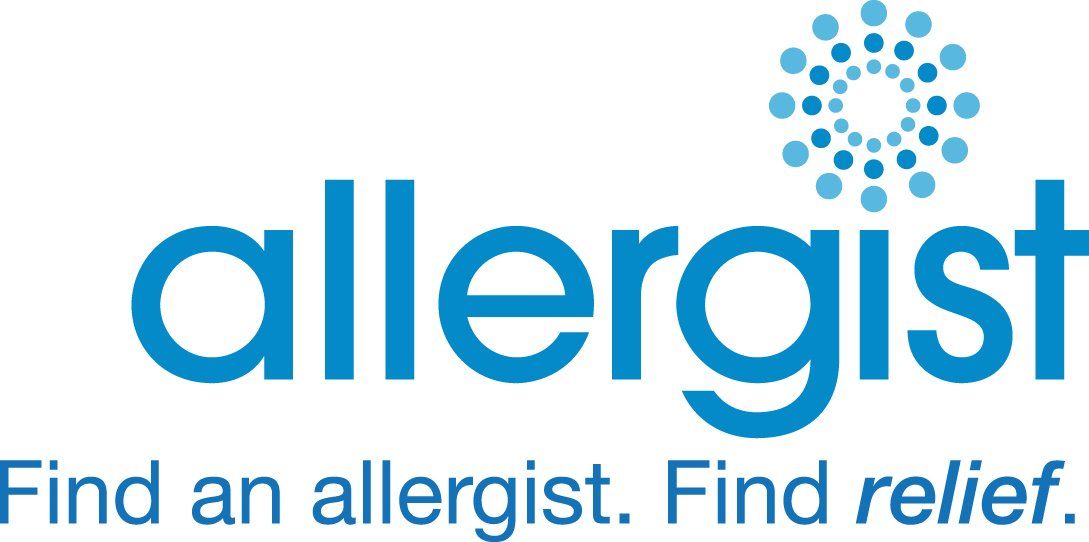Services
Board certified Allergists in Cape May and Atlantic Counties
WHAT WE DO?
Allergy Skin Testing
The prick/scratch test is a needleless test to determine if a patient has an allergy. It involves the placement of a small amount of suspected allergy-causing substance on to the skin (usually the forearm, upper arm, or the back), thru a device that simply pricks the skin so that the allergen is introduced under the skin surface. The skin is observed closely for signs of a reaction, usually redness at the site. Results are usually obtained within about 15 minutes, and several suspected allergens can be tested at the same time.
If certain prick tests are negative then a secondary test is performed whereby a small amount of the allergy-causing substance is injected just under the surface of the skin. These tests reveal results within 20 minutes. Usually only a limited number of these tests are performed.
Most areas of redness will resolve by the time your visit is over and these tests are very well tolerated by kids and nervous adults.
Immunotherapy (Allergy Shots)
Allergy shots are an alternative non-medication treatment for environmental allergies. It can cause long term resolution of your allergies. Allergy shots can be given towards many substances such as pollen, dust mites, molds and stinging insect venom. It involves administering increasing doses of the substances to which the person is allergic. By slowly increasing the doses of the allergy-causing substance, the immune system become less sensitive to the substance, allowing your body to essentially "get used" to their allergy. This will reduce the symptoms of allergy when you are exposed to the allergy-causing substance in the future. The benefits can last for years after a course of treatment.
Allergy shots are well tolerated by kids and adults. Many parents are surprised how easily their children walk into the shot room with no crying or fussing.
Don’t trust you allergy shots with anyone other than a fellowship trained board certified allergist. If anyone tries to give you allergy shots to you or a loved one, you should ask: Are you a fellowship trained board certified allergist?
According to the American Academy of Allergy, Asthma and Immunology, allergy shots should only be given in a physician’s office with appropriate emergency medical care. The AAAAI has stated in their practice parameters that allergy shots should not be given at home unless a person lives in a remote location where medical services are difficult to attain and New Jersey would not be applicable to a remote location. According to the American Academy of Allergy, Asthma and Immunology all patients must be observed in a physician’s office for 30 minutes after an allergy shot to make sure a patient has not had a reaction to the allergy shots.
Our practice follows the American Academy of Allergy, Asthma and Immunology parameters/guidelines and ALWAYS puts your safety above all else.
Patch tests
A form of skin testing in which suspected chemical allergens are applied to the skin, covered and observed for a few days to see if a reaction occurs. This is not an immediate test and is most often used to identify the possible causes of contact dermatitis that may occur because of contact of an allergen to the skin at home or in the workplace. While in the office, a patch with the chemicals on it is applied to a patient's back with the use of tape. The patient will leave the office with the patch taped to their back and return two and three days later for removal of the patch and evaluation.
Pulmonary Function Tests
This test helps to evaluate how well a person can inhale and exhale. The information gathered during this test is useful to determine the reason a patient may have wheeze or cough. It is especially useful in evaluating patients with asthma as well as other chronic obstructive lung diseases. In a pulmonary function test, a person breathes into mouthpiece/spirometer that is connected to a computer. The spirometer records the amount and the rate of air that is breathed in and out over a specified time. In most tests, patients are given albuterol or xopenex and the spirometry is repeated to evaluate if this medicine improves a patient's pulmonary function.

Call us and start feel better NOW
Call Us! 609-653-6676
All Rights Reserved
- Site designed by Locallogy



